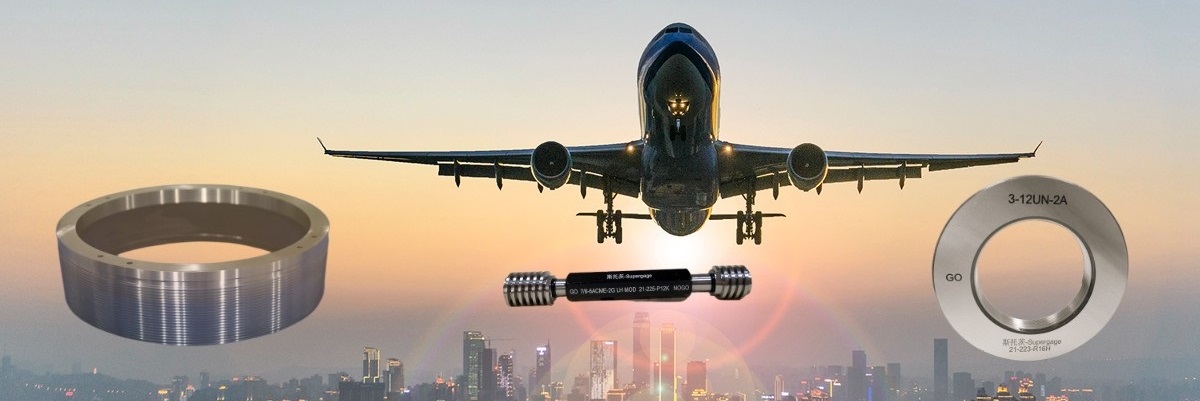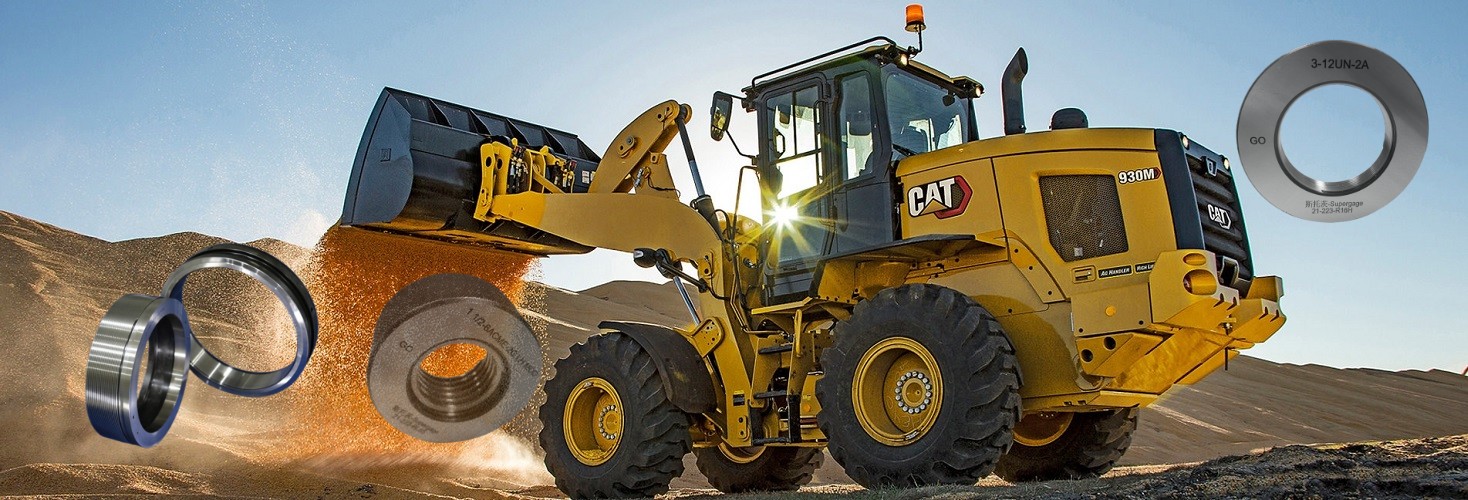
|
Ceramic Block Gages
Ceramic is another very popular material for the production of gage blocks. Ceramic has the unique benefit of having a thermal expansion coefficient of almost zero. What this means is that ceramic gage blocks will have minimal alteration in size no matter the changes in surrounding temperature.
Ceramic is another very popular material for the production of gage blocks. Ceramic has the unique benefit of having a thermal expansion coefficient of almost zero. What this means is that ceramic gage blocks will have minimal alteration in size no matter the changes in surrounding temperature. Additionally, ceramic gage blocks have a zero phase shift. Phase shift is a particular shifting of reflected light dependent upon the surface of a material. Both of these qualities make ceramic ideal for taking highly precise gage measurements. In terms of disadvantages, ceramic gage blocks are much softer than steel gage blocks and run the risk of chipping or cracking if dropped or hit. While they are more easily damaged than steel ones, ceramic gage blocks do not run the risk of expansion or corrosion over time and are therefore more stable. In general, ceramic gage blocks are extremely resistant to scratching, will not corrode in the context of humidity or other corrosive environments, and are easily wrung together.
Type:
Metric or Inch CERAMIC blocks
Details:
Set of 87.....
Specifications:
Grade 0
Products Search
Products Category
API Thread Gauges with Certs
Cylindrical Gages & Plain Gauge
Thread Plugs & Thread Rings
Air Gages & A/ E Comparators
Spline Gauges & Gears Gauges
Hardness Tester & Standards
Carbide Gauge & Ceramic Gauges
ASME B1.2 UN Thread Gages
ANSI B1.5 ACME Thread Gauges
ANSI B1.8 Stub Acme Gage
HBPV Thread Plugs /Ring Gauges
NPT Thread Gage ASME B1.20.3
Buttress Thread Gage ASME B1.9
G(bspp) Thread Gage ISO 228-2
R /Rp/Rc Thread Gage ISO 7-2
Cameron Ball Gage
Gagemaker
Other Measurement & Gauges





